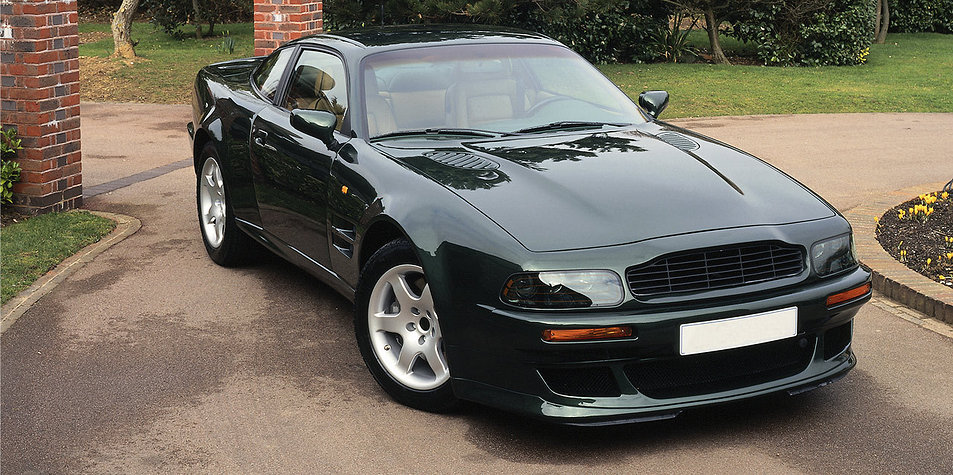Your Relationship With Money Is Important
We all have different relationships with money. But as Morgan Housel says in his book “The Psychology Of Money”, ‘we’re not all crazy’. We have just had different experiences that have shaped how we feel about money. This also shapes how we treat money and how we see money as being either abundant or scare. These experiences might also afect our tolerance of risk. For example some people see the stock market as a guaranteed wealth accumumation tools, whereas others call it gambling.
Table of Contents
ToggleSome Questions To Think About
What do you think of when you think of money?
How did your parents view money and how much of this was passed down to you?
What is your experience with money and how have you used it in your life so far?
Do you feel that you are successful in your use of money?
What are the unknown elements of making and spending money that confuse you?
Do you think that there is some missing knowledge out there that rich people likely possess that the rest of us don’t know?
The Relationship
We all have different lived experiences and we all have different relationships with money.
Money is the root of all (or at least some) evil but money also makes the world go round.
Money doesn’t buy happiness (or love) but it can buy freedom that can make us pretty happy.
Does your parent or even your boss ever say ‘Time is money’?
We all wish that we had more money. But we also hear about rich people who want even more and other rich people who are miserable.
Why is it that some people can be happy to live within their means while others spend millions every year and in some cases can spend themselves back to poverty?
How can successful athletes, actors and pop stars become millionaires one year, live the most amazingly luxurious lifestyles, yet end up bankrupt a few years later having spent more than most people spend in a lifetime?
Similarly, how do lottery winners end up broke?
Our relationship with money certainly varies from person to person based on many contributing factors.
Some people get rich slowly by living a frugal lifestyle and saving/investing. (see my article about Ronald Read here) Others invest in starting their own business and gain success through calculated risks.
Some people are able to easily save a sudden inflow of money. Others must spend it almost as fast as they get it.
What Can We Learn?
What can we learn from all of these different observations? Author Morgen Housell made many of these observations in his book ‘The Psychology of Money’. He explains that if you grew up and moved into your twenties during a time when the stock market was thriving, then it is more likely that you have no problem placing your hard-earned savings into individual stocks or index funds.
But If you were in these formative years when things were not so good then you may feel that the share market is too big of a gamble. Something aking to heading to the casino. Those who lived through recessions may prioritise savings and living within their means.
People are not all crazy. We just have different lived experiences that affect this relationship.
What Do Millionaires Think About Money?
When searching for millionaires to study for the book ‘The Millionaire Next Door’, Thomas Stanley could not find any when he looked in the most exclusive suburbs with the biggest homes. All he found there were people living a millionaire lifestyle but who were heavily in debt. They are not millionaires if you look at their balance sheet. Even if their incomes are high. They are not wealthy.
These people see money as providing short-term satisfaction and helping to portray a kind of visual success or status.
He noted though that the majority of millionaires in the United States did not really appear to live a millionaires life. Most purchased average-priced cars, many of which were purchased second-hand. Most lived in average suburban homes and most were not reliant on bank finance. Many owned their own homes outright and purchased their cars with cash. They didn’t dress flashy and they didn’t care about status.
But most had invested in real estate or the stock market over the long term. Their long-term focus revolved around financial independence and a possible early retirement or the need to not work so much in their later years. They regularly sought out ways to make their money do the work. They did not consider cars, jewellery or even their family home as assets.
Assets create income and money can buy assets. Why buy liabilities when you can buy assets?
They also saw the waste of money as a major handicap to future success. For example, why borrow heavily for a nice car that requires high monthly payments that restrict your ability to invest each month? And why buy a new car that loses 10% of its value as soon as it’s driven when you can buy a 1-year-old car for 15-20% less?
Why is all of this important?
It’s important because whenever we receive money, we need to make a decision. We learn in basic economics classes that every economic decision comes with costs. We call these costs ‘opportunity costs’.
An opportunity cost is the cost of the next best alternative foregone. Or in other words, it is the actual thing that you give up every time you spend money. There is always an alternative. A decision must be made. Every single time.
How we make that decision and the effects of that decision, both long-term and short term are pretty important.
I recently posed this question to my Grade 10 class. “If I gave you $1000, what would you do with it?” Some students started with clothes and shoes. For others, it was games and sporting goods or musical instruments. Some suggested a holiday or a party. These kids’ first thoughts were buying consumer goods to make their life a little better. Fair enough.
But interestingly a large number started by saying that they would save some percentage of it. And a few said that they would invest some. One actually said that they would use the money to buy equipment for their jewellery-making business.
The last three options are decisions that most wouldn’t make. For many people, money is for short-term satisfaction. For others, it represents an opportunity to do something else.
How Have You Done So Far In Your Life?
It’s certainly worth reflecting on past decisions that we have made and how these worked out for us.
I recall moving house a few years ago. I was moving to a smaller house and was struck by the amount of ‘stuff’ that I had to move. Much of this stuff was purchased for a reason I’m sure. But some were clearly a waste as I hadn’t used these items for years. I also recall that some of these things were paid for with my credit card.
What could I have done with this money instead? Now I had the decision of deciding if I needed to pay for moving this ‘stuff’ and then even considering paying for monthly storage of my ‘stuff’. Ridiculous right? I decided to sell most of it.
My wife has a pretty good understanding of her relationship with money and how it differs from mine. She has often said things like “I’ll stay home this weekend because if I go out I’ll spend too much money. “ For her, the visit to the local market or mall is exciting because you never know what you might see that you may just want to buy. She will see things that she never intended on buying and happily follow her impulse.
On the other hand, I will only go shopping to buy something that I know I need and that will provide me with value. I admit though that this is the opposite of how I used to spend.
It’s only when you start looking at money differently that you consider all of your options and that the things that you have done all of your life may not actually involve the best spending decisions. Somebody else may have spent less, invested in a low-risk investment such as an index fund and then just sat back while it grew over time.
When considering our relationship with money and the psychology of spending, we need to also consider our relationship with debt. To what extent is some debt good and other debt just bad? And how do these decisions to borrow affect us in the long term? At the very least, please carefully consider if you really need something that you can’t afford to pay for right now.
Education Is Power
The answers of course as with most things revolve around education. Most people don’t realise the importance of these economic decisions and don’t fully understand how the various options available to us actually work. Schools don’t really teach us and our parents have also mostly missed out on this education so fail to teach kids good money habits.
So I remind you again. Make the effort to seek knowledge and always consider the opportunity cost of decisions related to spending money. Make the realisation that like most things in life, we can change our habits. We can improve our relationship with money from considering it to be all about short-term pleasure to one of long-term focus and one where we can see money as an opportunity for something better.
Success with money doesn’t require seismic changes. We all have different lived experiences and have different approaches to how we use money. But just a little reflection, learning about alternatives and making some minor habit changes, compounded over time can make a huge difference.
Relate Articles:







Pingback: How To Avoid Joining The Long List Of Financial Failures -
Pingback: How To Change Your Relationship With Money | The Finance Teacher
Very engaging and funny! For more information, click here: LEARN MORE. Let’s chat!
With your post, your readers, particularly those beginners who are trying to explore this field won’t leave your page empty-handed. Here is mine at UY7 I am sure you’ll gain some useful information about Thai-Massage too.